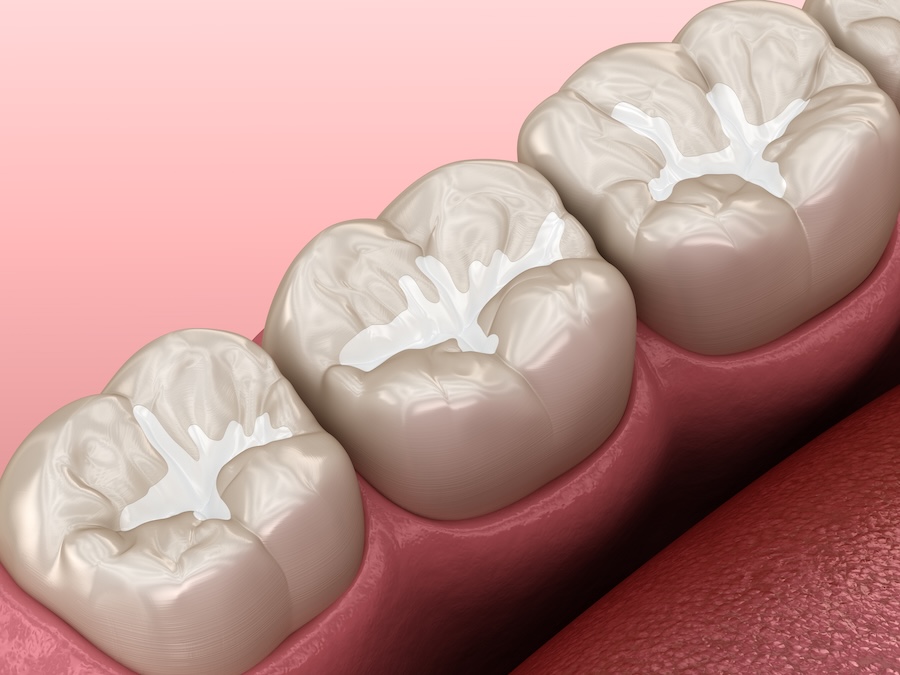
Understanding Dental Sealants: A Protective Shield for Your Teeth
June 13, 2025 9:00 amYour toothbrush works hard—but even with good habits, it’s tough to clean every little groove in your back teeth. That’s where dental sealants come in. These thin coatings help protect the chewing surfaces of molars from cavities, especially in areas where food and plaque like to hide.
Sealants are often used in kids and teens, but adults can benefit too. If you’re prone to cavities, sealants might be worth considering.
What Exactly is a Sealant?
A dental sealant is a clear or tooth-colored resin material painted onto the chewing surfaces of your molars. It’s quick to apply and hardens within seconds, forming a smooth barrier over deep grooves and pits.
The goal? Keep out bacteria, food, and plaque before they lead to decay.
Who Should Consider Getting Sealants?
Sealants are often recommended for children when their permanent molars first come in. But adults with deep grooves or a history of cavities can also benefit.
Dr. Wade Troyer may suggest sealants if you’re struggling to keep certain areas clean or if you’ve had repeated issues with decay.
How Long Do They Last?
Sealants can last several years with normal brushing and regular dental checkups. They’re checked during routine cleanings and can be touched up or reapplied if needed.
Do They Hurt?
Not at all. The process is quick, painless, and doesn’t require any drilling or numbing. It’s one of the easiest preventive treatments in dentistry.
Are Sealants a Replacement for Brushing?
Nope. You still need to brush twice a day, floss, and keep up with cleanings. Sealants are a great backup—not a free pass.
Preventive Dental Options at Bolt Family Dental in Brownsburg, IN
If you want to lower your risk for cavities without adding more to your daily routine, sealants might be a great option. At Bolt Family Dental in Brownsburg, IN, Dr. Wade Troyer offers sealants for both kids and adults based on each patient’s needs.
Want to see if sealants make sense for your smile? Give us a call to schedule your visit. A little prevention can go a long way.
